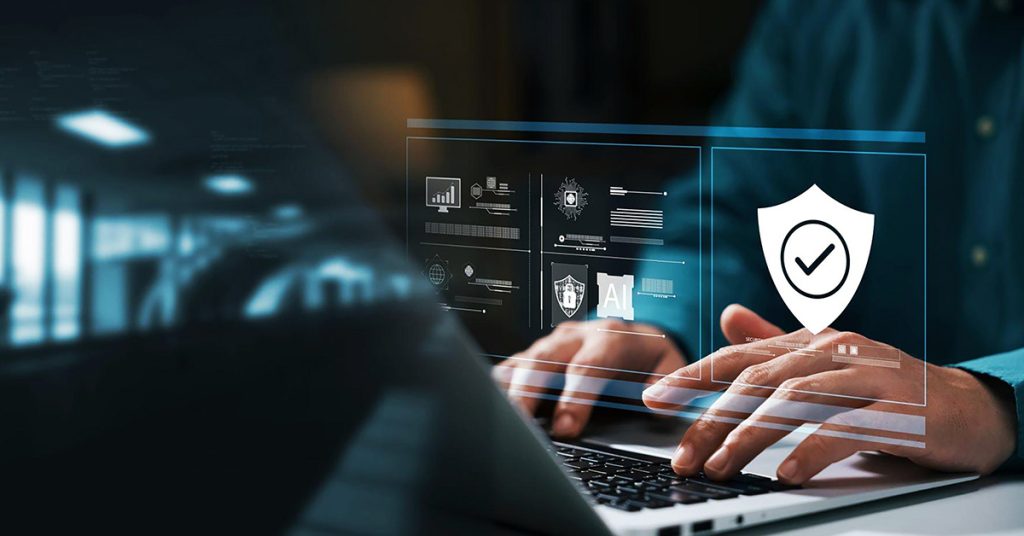
The Malaysian cybersecurity landscape is undergoing rapid transformation, presenting both challenges and opportunities for SMEs and corporates. To ensure business continuity and protect critical assets, staying informed about evolving threats and implementing robust security measures is paramount.
Key Trends Shaping the 2024 Landscape:
- Ransomware-as-a-Service (RaaS) Surge: CSM reports a 45% increase in RaaS attacks, targeting SMEs with limited resources. Robust security measures and vendor risk management are crucial.
- Supply Chain Exploits: Hackers will target vulnerabilities in interconnected systems, therefore effective vendor risk management and robust monitoring are crucial. In fact, 72% of Malaysian businesses experienced supply chain attacks in 2022.
- Advanced Phishing and Social Engineering: Deepfakes and AI-powered social engineering tactics will make phishing attacks more sophisticated and convincing. Employee awareness training and multi-factor authentication are critical defenses.
- Cloud Security Challenges: As hybrid and multi-cloud deployments become the norm, managing security across diverse environments will become complex. Adopting a unified security management platform and secure cloud configurations is key.
- Increased Regulatory and Compliance Demands: Data privacy regulations like PDPA are expected to tighten further in 2024, requiring SMEs and corporates to prioritize data governance and secure processing practices.
- AI and Machine Learning in Security: AI-powered tools will play a larger role in threat detection and incident response. However, 45% of professionals cite concerns about AI bias and adversarial attacks.
- Remote Workforce Security: The prevalence of remote work necessitates strong endpoint security and secure access solutions. Fostering a culture of cybersecurity awareness among remote employees is vital.
- Zero Trust Adoption: 60% of Malaysian organizations are expecting to adopt Zero Trust by 2025, reducing the attack surface and mitigates the impact and severity of cyber-attacks.
- Cybersecurity Skills Gap: The demand for skilled cybersecurity professionals continues to outpace supply. CSM reports a shortage of 10,000 cybersecurity personnel in Malaysia, SMEs may need to consider managed security service providers (MSSPs) or innovative solutions.
- Enhanced Threat Collaboration: Cybercrime groups are expected to collaborate and share resources, making attacks more sophisticated and coordinated. Organizations need to share threat intelligence and collaborate on defense strategies.
Recommendations for SMEs and Corporates:
- Proactive Approach: Invest in a layered security strategy with preventive measures as the core.
- Employee Awareness: Train employees on cybersecurity best practices to minimize human error.
- Embrace Technology: Utilize AI-powered tools and adopt advanced security solutions.
- Stay Informed and Adaptive: Continuously monitor emerging threats and adjust your security posture accordingly.
- Seek Expert Guidance: Consider partnering with MSSPs for specialized expertise.
By understanding these key trends and taking proactive steps, SMEs and corporates in Malaysia can navigate the evolving cybersecurity landscape and secure a safer digital future. Remember, cybersecurity is an ongoing journey, demanding vigilance, awareness, and adaptability to stay ahead of evolving threats.


